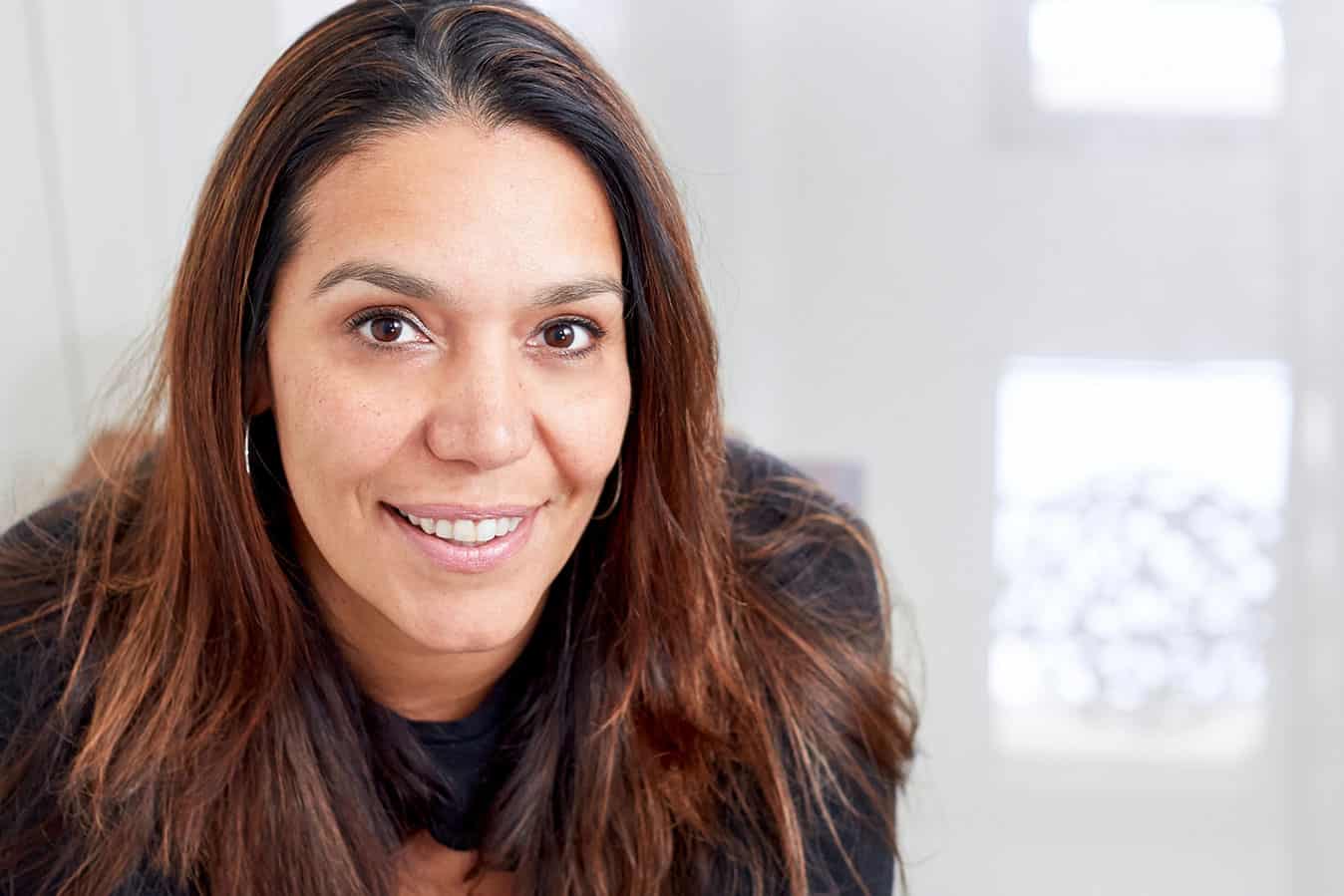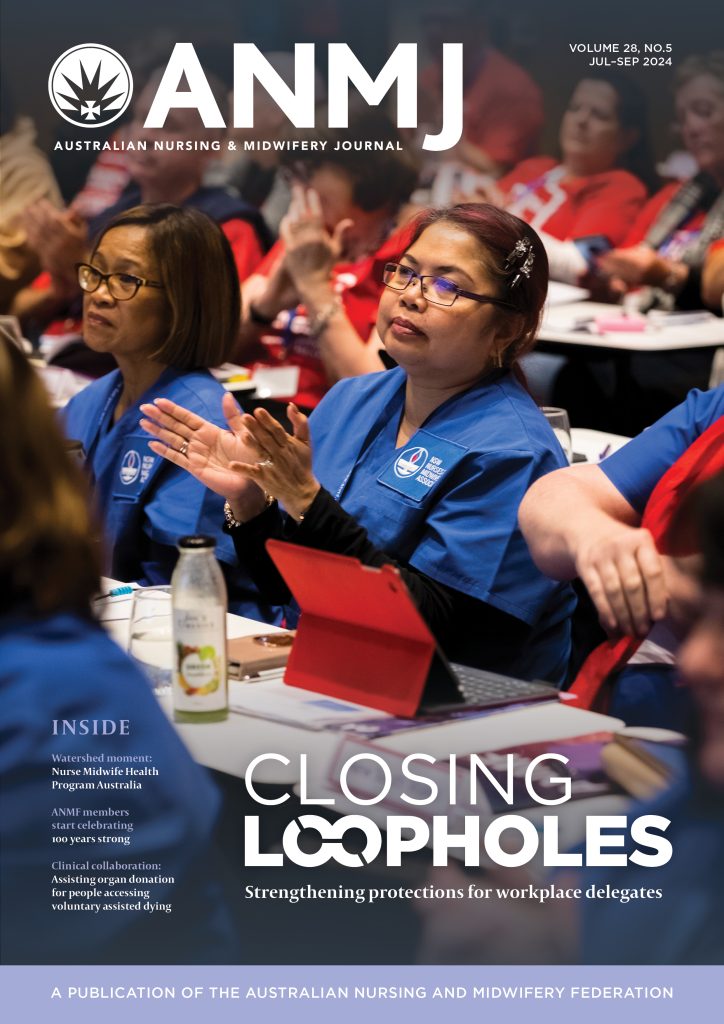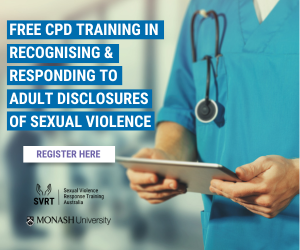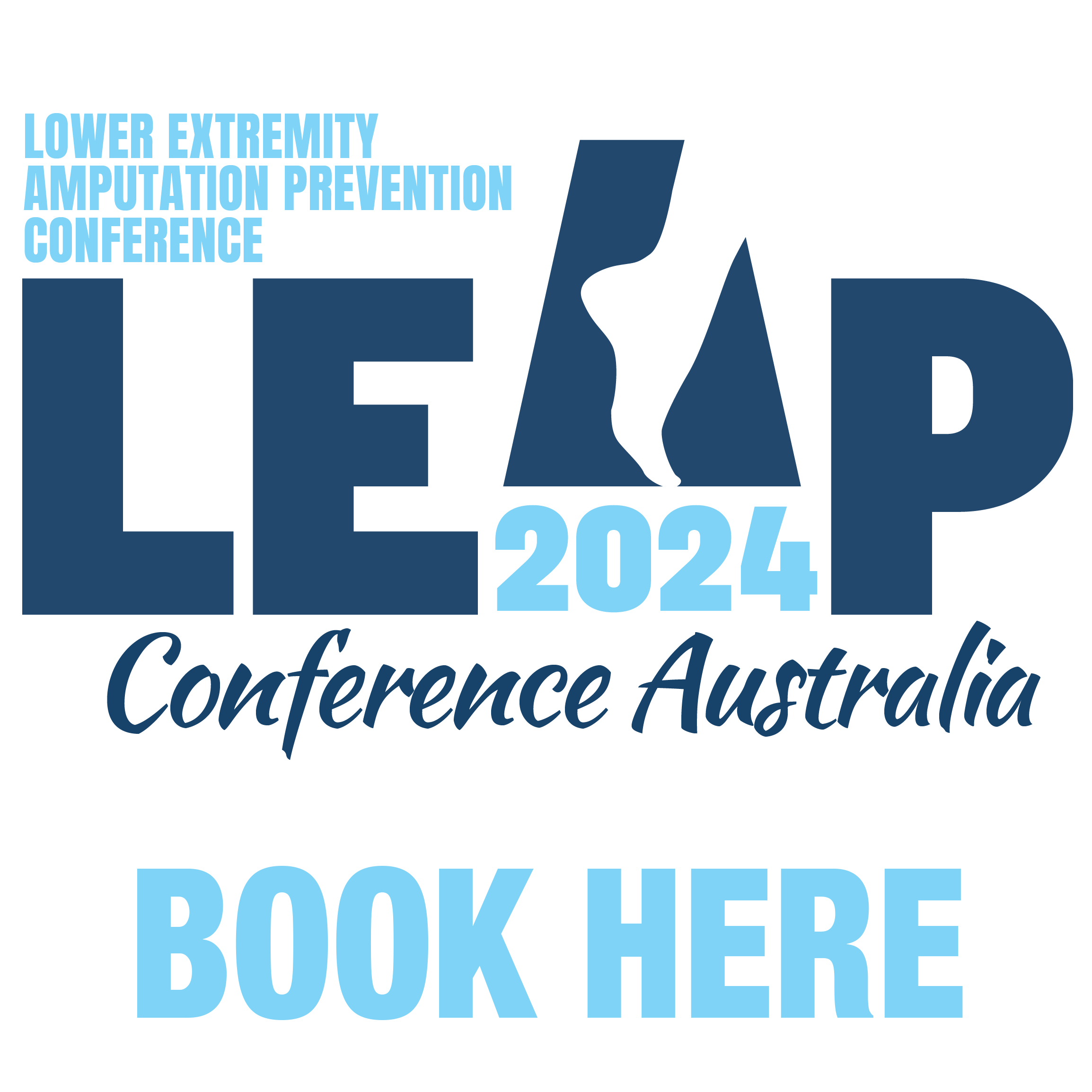The health and justice systems have “failed abysmally” at keeping its people safe, according to the CEO of the Lowitja Institute Dr Janine Mohamed.
Dr Mohamed made the comments when critiquing local trends in Indigenous health research while also discussing the organisation’s Partnership for Justice in Health: Scoping Paper on Race, Racism and the Australian Health System, at the Victorian iteration of the Congress of Aboriginal and Torres Strait Islander Nurses and Midwives (CATSINaM) conference.
Dr Mohamed, who was formerly CEO of CATSINaM, said that “time was really not on our side” to address the issues discussed in the report, with a dearth of locally published research on racialised health practices.
“Our people are dying at the hands of [the] state, in numbers that we should be nationally ashamed of,” Dr Mohamed said at the conference, which was held late last month.
“This research is really, really important, because, while internationally, race and ethnicity is well researched, here in Australia, it’s not.”
The 50-page report, co-authored by Professor Chelsea Watego, Dr David Singh and Dr Alissa Marcoun, reviewed current and historical approaches to research on racism and health, while also addressing concepts such as anti-racist praxis and race criticality.
It identifies several issues and shortcomings within current institutional approaches to research concerning health issues in Aboriginal and Torres Strait Islander communities, and makes multiple recommendations for actions from government bodies that would “better inform a wider Indigenous health justice agenda”.
Despite these criticisms, Dr Mohamed, a Narrunga Kaurna woman, was nevertheless encouraged that Indigenous people, particularly nurses, were leading the way in filling current gaps within local research, and that the paper’s recommendations would further pave a positive path forward.
“Indigenous people, like many of you here today [at the conference] and our allies, are rising up against racism, especially in the field of research, throwing the evidence back at the system,” Dr Mohamed said.
“We want to see outcomes from this research and the recommendations of this particular paper — all of the recommendations, not cherry picking them — to be translated into policy and better health outcomes for Aboriginal and Torres Strait Islander peoples.”
The paper was produced for the Partnership for Justice in Health, a coalition of Aboriginal and Torres Strait Islander advocates working to address “individual, institutional and systemic” racism within health and justice.
It is available to read online at the Lowitja Institute’s website.









